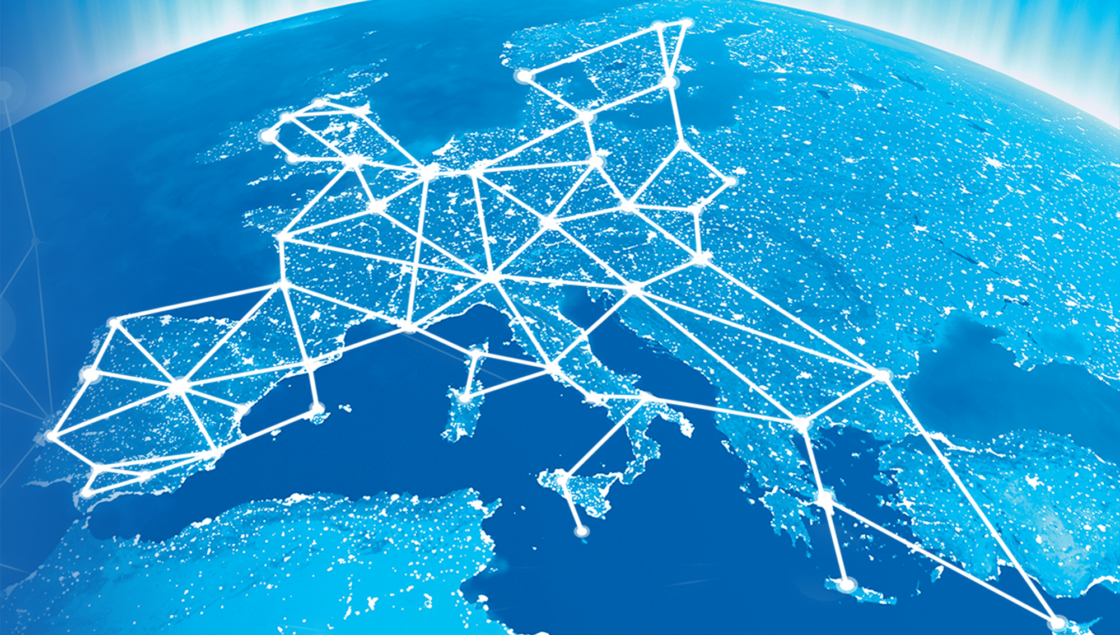USA vs Europe: Choosing Europe Means Struggle
The iGaming industry is developing dynamically worldwide, but the differences between the American and European markets are becoming increasingly apparent. We are well aware that when it comes to the operator market, the United States is not a playground for small players. The financial investments required there can only be described as ‘unlimited.’ Suppliers and affiliates have it much easier, of course, but in this article, we want to present and stimulate discussion on the fundamental differences in the approach to the industry in the USA and Europe.

Operating in Compliance with US Regulations Proves More Profitable Meanwhile, Europe is becoming an increasingly unfriendly environment for licensed operators and iGaming providers, mainly due to rising taxes and restrictions related to advertising and responsible gaming, which in fact have nothing to do with responsibility and safety but are merely artificial constructs.
Strict Licensing Requirements in the USA
The United States prioritizes transparency and strict regulation of the iGaming market. The process of obtaining a license involves complex procedures, including detailed financial audits and verification of revenue sources. Companies must demonstrate that they operate legally and adhere to the highest ethical standards. Beneficiaries and signatories are thoroughly scrutinized, and the number of documents required for the necessary permits is overwhelming.
Although the path to obtaining a license is long, companies that achieve it can count on stable and predictable operating conditions. Deciding to enter the regulated US market is a one-way street because it often means giving up or partially giving up operations in unregulated or semi-regulated markets, which we can succinctly call the grey area.
Companies prepare very meticulously for the process of entering the US market. Some must divest their assets and be crystal clear before applying for a license. On the other hand, this also shows the respect for American law.
Increasing Restrictions in Europe
In contrast to the USA, the European market is becoming increasingly restrictive. Even with an MGA license (which no longer offers as many benefits as it once did) or local licenses, operators face many limitations. Regulations such as stake limits on spins in Germany or debates about banning online slots in the Netherlands make it difficult to operate.
Business in Europe has become totally unpredictable. One can spend millions of euros on compliance, only for an unannounced regulatory change to turn the entire business upside down. High taxes and advertising restrictions further discourage companies from operating in European markets, prompting them to move their operations or remain offshore.

Germany and the Netherlands are examples of countries where regulations significantly impact the iGaming market. In Germany, stake limits on spins limit operators’ potential earnings. The German market has one of the largest player potentials, but legislators are unwilling to create a friendly business environment for companies to thrive. Why? Much of this can be attributed to the negative PR surrounding iGaming companies and the fear of losing votes.
The Netherlands, on the other hand, imposes numerous advertising restrictions and is considering banning online slots. Such actions can lead to the growth of the grey market as players seek less regulated alternatives. What the KSA is doing in the Netherlands can be compared to the worst practices of overzealousness.
Rising Taxes and Negative Image
One of the biggest challenges for iGaming operators and providers in Europe is rising taxes. Countries such as UK, Sweden, Latvia, the Czech Republic have introduced or going to introduce tax hikes on gambling, significantly reducing firms’ profitability. Even Romania, which was often cited as an example of effective regulation (land-based and online), has taken a completely different direction. Additionally, gambling operators are often viewed negatively, compared to companies operating on the edge of the law. Regulations are often created by individuals who lack full knowledge of the industry’s functioning, leading to even greater difficulties.
The “best example” of the European market is Poland, where out of 22 licensed sports betting operators (with casinos being a state monopoly), only 3 companies are profitable. On the other hand, it can be assumed that all unlicensed operators in Poland are simply making money. This is an absurdity that shows there are countries in Europe where it does not pay to operate legally.

In the USA, despite strict licensing requirements, operators who meet all conditions can count on stable operating conditions and government support. Transparency and adherence to the law are crucial, and companies that follow these principles gain customer trust and can expect long-term success. The iGaming industry in the USA, although relatively younger than in Europe, is regarded with greater respect and recognition. Of course, there are occasional ideas for raising taxes, but the culture of debate on this topic is much higher than in Europe.
In the United States, gambling is not as negatively correlated. This may have its roots in culture, both in terms of casinos and sports betting. In Europe, operators are stigmatized at all costs, and the space for dialogue is very limited.
Comparison with Europe
Europe may fall victim to its own regulations. Introducing increasing numbers of restrictions by individuals who do not always understand the specifics of the industry leads to a loss of competitiveness. Companies are forced to move operations offshore to avoid high taxes and excessive regulations. Meanwhile, in the USA, despite not all states being licensed and not everywhere allowing casinos or sports betting, operators have better conditions for operating legally.
The iGaming market in the USA, although more demanding in terms of obtaining a license, offers stable and predictable operating conditions. Europe, with increasingly restrictive regulations, is becoming less friendly for both operators and technology providers. Companies must consider whether it is worth investing in regulated (or over-regulated) European markets, or if it is better to focus on the US or other growing markets, which, although harder to enter, offers greater stability in legal frameworks and potentially higher profits.
